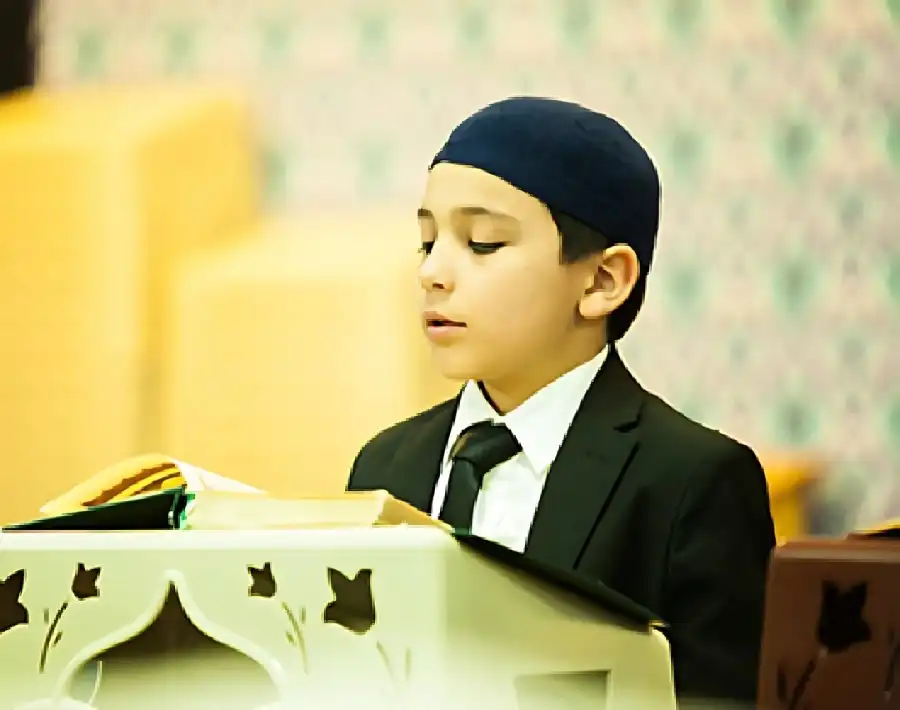
In Times of Need, You’re Not Alone. Request a Hatim and Let Us Pray Together for Peace and Strength.
You can request an online Qur’an recitation by filling out our form. Whether it’s for your loved ones, in memory of those who have passed, or for your own spiritual journey, you are welcome to make a request. Your recitation requests will be handled with care and fulfilled promptly. Take advantage of this spiritual service by filling out the form today!
Online Hatim Request Form

Understanding the Concept of Iskat, Fidya, and Other Charitable Acts for the Deceased
What is Iskat?
Iskat refers to the process of compensating for missed obligations, such as prayers, fasting, or zakat, on behalf of a deceased person. This compensation is typically made through acts of charity, such as feeding the poor or monetary donations, calculated based on the missed obligations. The goal of iskat is to seek forgiveness and ensure the fulfillment of the deceased’s responsibilities to Allah.
The Prophet Muhammad (peace be upon him) said:
When a person dies, their deeds come to an end except for three: ongoing charity, beneficial knowledge, or a righteous child who prays for them.
(Sahih Muslim, Book 25, Hadith 14)
The Importance of Fidya and Charity
Fidya is a form of compensation for missed fasts or other obligatory acts of worship. For instance, if a person was unable to fast due to chronic illness or age and could not fulfill this obligation before passing away, fidya may be given on their behalf. This act is based on the Qur’anic verse:
And as for those who can fast with difficulty, they have a choice: either to fast or to feed a needy person for every day.
(Surah Al-Baqarah, 2:184)
Additionally, offering sadaqah (charity) or organizing acts like sacrificial offerings (nafile qurban) in the name of the deceased can bring immense rewards. These acts reflect the mercy of Islam, which allows the living to benefit their loved ones even after their passing.
Why Perform These Acts?
1-) Fulfilling Missed Obligations:
The Qur’an emphasizes the importance of fulfilling one’s financial and worship-related duties. If a loved one passed away with unpaid zakat, for example, paying it on their behalf helps absolve this responsibility:
And establish prayer and give zakat, and whatever good you put forward for yourselves—you will find it with Allah.
(Surah Al-Baqarah, 2:110)
2-) Earning Continuous Rewards:
Acts like teaching someone the Qur’an, building a well, or supporting Islamic education can provide ongoing charity (sadaqah jariyah) for the deceased. As the Prophet Muhammad (peace be upon him) said:
The best of you are those who learn the Qur’an and teach it.
(Sahih Bukhari, Vol. 6, Book 61, Hadith 545)
3-) Elevating Their Status:
By contributing to good causes, you ensure that the deceased benefits from the collective rewards of such acts.
How UAMA Can Assist You
At UAMA, we facilitate the process of iskat, fidya, and other charitable contributions for the deceased. Whether it’s fulfilling missed prayers, fasting obligations, or providing zakat, we are here to guide you every step of the way. Our students, who dedicate themselves to learning and teaching the Qur’an, also pray and perform acts of worship specifically for the souls of those who have passed away.
To learn more or to make a contribution on behalf of your loved one, visit uama.us. Together, we can ensure that their legacy of faith and good deeds continues.
Conclusion
Islam provides us with a compassionate framework to care for our loved ones even after they have passed. By performing acts of charity and fulfilling their obligations, we not only ease their journey in the Hereafter but also bring blessings into our own lives. May Allah accept all our efforts and grant mercy to the departed.








